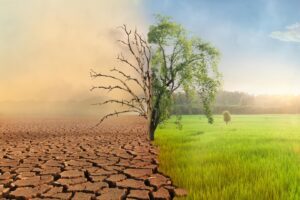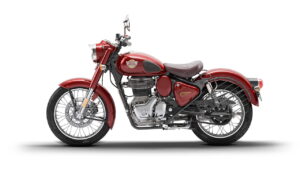Kerala Brain-Eating Amoeba, Why this is in News?
Kerala is a southern state of India known for its beautiful landscapes and intricate backwaters, is currently facing a health related concern due to the emergence of Naegleria fowleri, known as the brain-eating amoeba. It thrives in warm freshwater environments, has raised alarms due to its rare but frequently fatal infections.

Mridul, a 14-year-old boy died on Wednesday in Kerala because of a rare brain infection caused by a free-living amoeba in contaminated water also known as ‘brain-eating’ amoeba, has passed away at a private hospital in Kozhikode.
- What is Naegleria Fowleri?
Naegleria fowleri, also known as the brain- eating amoeba, is a species of the rubric Naegleria. This free- living microorganism primarily feeds on bacteria but can come pathogenic in humans, causing an extremely rare, unforeseen, severe, and generally fatal brain infection known as primary amoebic meningoencephalitis (PAM).
Naegleria Fowleri found in warm freshwater bodies such as lakes, rivers, and hot springs. It can also be present in poorly maintained or unchlorinated swimming pools.
Symptoms of Primary Amebic Meningoencephalits
Symptoms generally appear within one to nine days of exposure original symptoms include Severe, headache, Fever, Nausea and vomiting, Stiff neck in after stage case gets Confusion, Loss of balance, Seizures, Hallucinations. The complaint progresses fleetly, and without prompt treatment, it’s generally fatal within about five days of symptom onset.
Prevention of Primary Amebic Meningoencephalits
Avoid Swimming in Warm Freshwater Use Nose Clips If you’re swimming in freshwater, use nose clips to help water from entering the nasal passages.
Avoid Stirring Up Sediment When in natural freshwater bodies, avoid conditioning that stir up the deposition where the amoeba may live.
insure Proper Pool conservation Regularly check and maintain swimming pools and hot barrels to insure they’re duly chlorinated and disinfectedonset.




